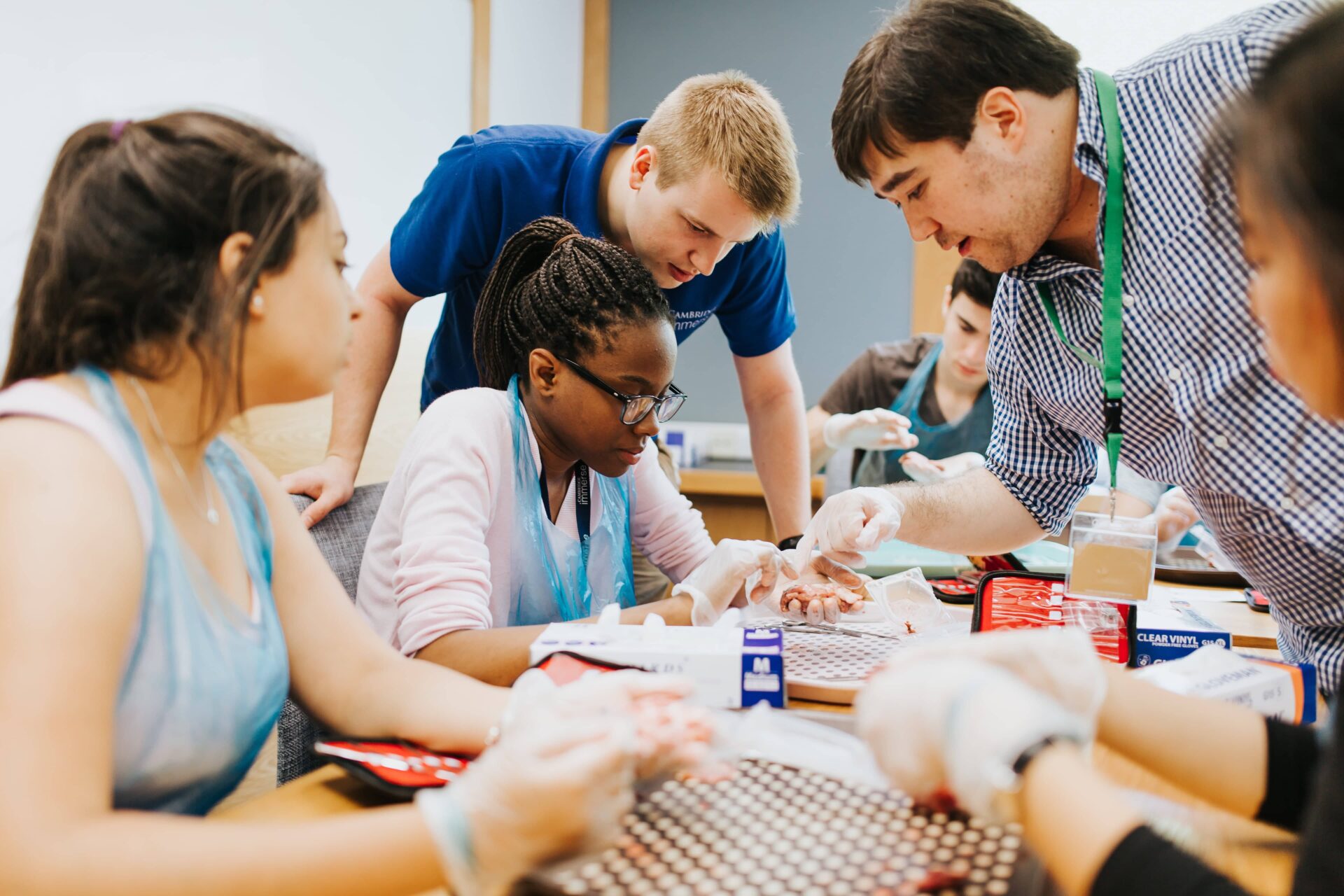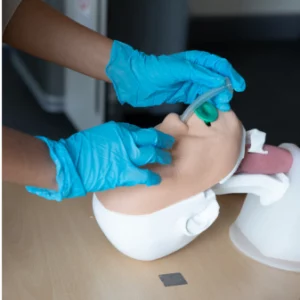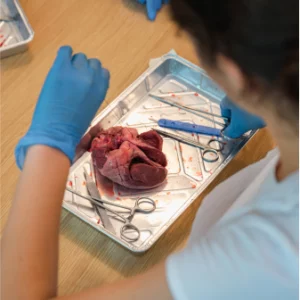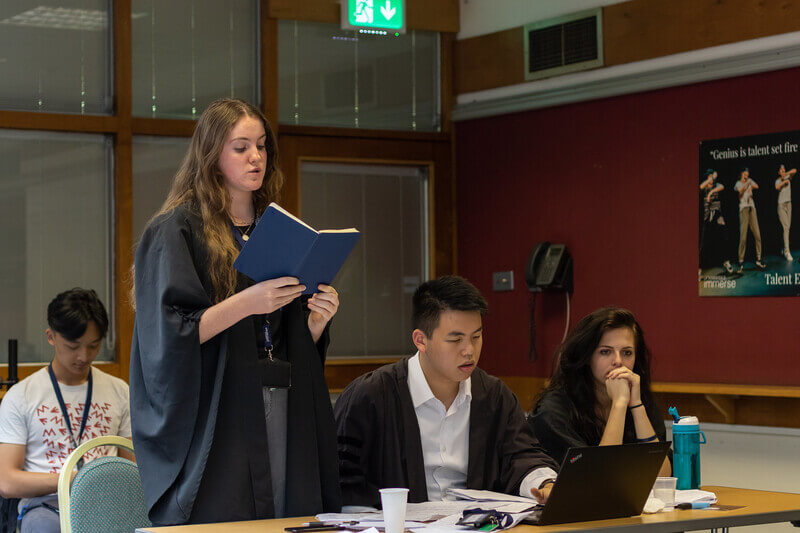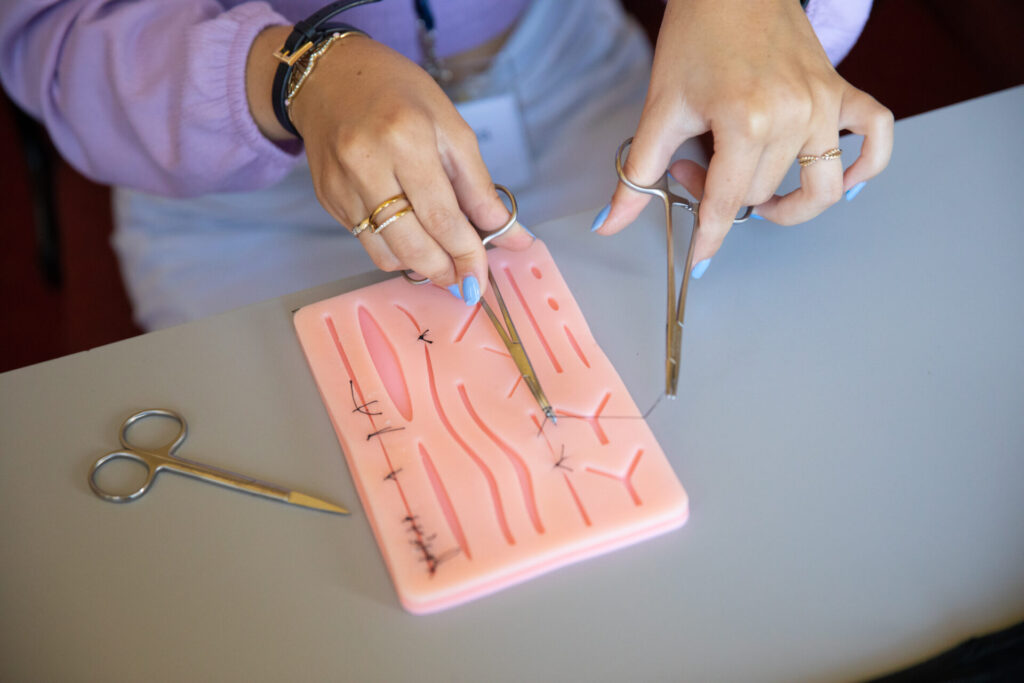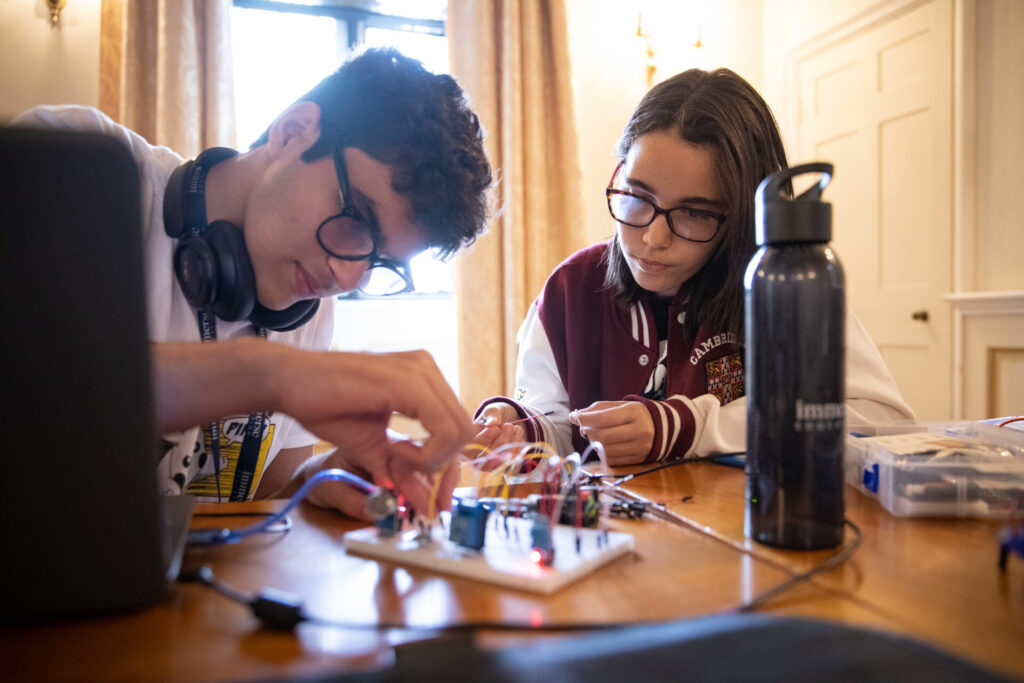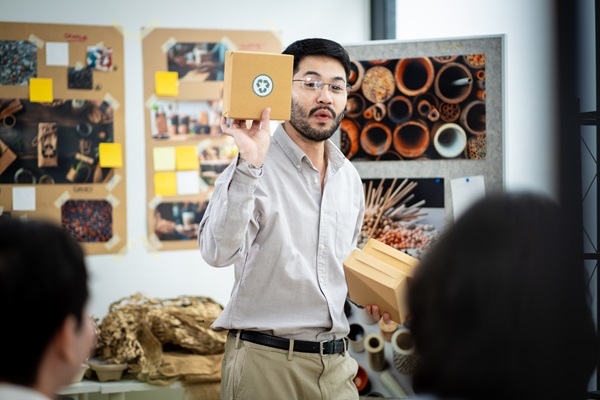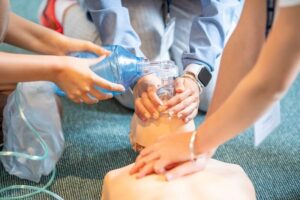Introduction to Pre-College Medical Programs
For high school students passionate about pursuing careers in healthcare, pre college medical programs provide an invaluable stepping stone. These programs are designed to offer a realistic glimpse into the medical world-equipping students with foundational knowledge, hands-on experience, and early exposure to the healthcare environment. Pre-college summer medical programs are rapidly growing in popularity as more students recognise the advantage of starting career preparation early.
From summer intensives at prestigious universities to specialised online workshops, these programs offer enriching experiences that inspire and prepare future medical professionals. They introduce students to the expectations of college-level study, including critical thinking, time management, and professional collaboration, all within the context of medicine.
By participating in these programs, motivated students not only strengthen their college applications but also gain confidence in their academic and career paths-building a solid foundation for the rigorous journey ahead. Unlike school curriculums, these opportunities are constantly evolving – our pre college summer medical programs in 2025 were more innovative than ever, with medicine simulation suites, public health content, and medical technology, ensuring students remain aligned with the evolving healthcare landscape.
Benefits of Pre-College Medical Programs
Hands-On Experiences
One of the most compelling features of pre college medical programs is the emphasis on hands-on learning. Students engage in medical simulations, laboratory experiments, anatomy dissections, and clinical skill workshops. These immersive activities help bridge theory and practice, making abstract concepts tangible and memorable.
For example, students on Immerse’s 2-week Medicine summer programmes might practice taking vital signs, experience diagnostic challenges, or use anatomical models to understand human physiology more deeply. In 2025, many medical students left the programme with their own suture kit to continue finessing their surgical skills with. This practical exposure fosters critical thinking, problem-solving, and teamwork skills essential for healthcare careers. The ability to practice under guidance also allows students to test their aptitude and enthusiasm for different aspects of healthcare. Unlike traditional high school science classes, these pre college summer medical programs provide authentic clinical tasks that spark curiosity and encourage mastery.
Early Exposure to Medical Disciplines and Career Paths
Pre-college programs introduce students to diverse medical fields such as surgery, pediatrics, neurology, and public health. Through lectures, shadowing opportunities, and guest speaker sessions with healthcare professionals, students explore specialties they might not encounter in high school coursework.
By gaining insight into the daily realities and challenges of medical professions, students can make informed decisions about their future studies and career trajectories. This early immersion often reduces uncertainty when choosing majors or applying to pre-med programs. For example, a student who thought they wanted to be a surgeon may discover an interest in research, or another might find pediatrics especially rewarding. These experiences shape realistic expectations and help refine career goals long before university applications are due.
Strengthening College Applications
Admitting committees increasingly seek applicants who have demonstrated genuine interest and commitment to their chosen fields. Participation in recognised pre-college medical programs signals motivation, discipline, and proactive career exploration, enhancing college and scholarship applications.
The academic rigor and professional networking opportunities also prepare students for the demands of pre-med undergraduate studies and beyond. Admissions officers value students who can show that they’ve stepped outside the classroom to pursue advanced opportunities. Adding a pre college medical summer program in 2025 to a student’s application communicates maturity, drive, and dedication-qualities that distinguish competitive candidates. It also demonstrates readiness to thrive in challenging environments, a trait highly valued in future medical school applicants.
Types of Pre-College Medical Programs Available
Summer Intensives at Universities
Many universities offer intensive summer programs where high school students attend real college-style lectures, participate in labs, and interact directly with faculty and current medical students. Programs such as those at Immerse, Johns Hopkins, Georgetown, and Brown University provide multi-week residential or commuter experiences that blend academics with social activities.
These programs are ideal for students seeking an authentic preview of university life. Beyond academics, participants live in dorms, dine in campus halls, and connect with peers from around the world. This residential component adds an important dimension, teaching independence, responsibility, and adaptability. Pre college summer medical programs in 2026 and beyond are expected to expand further, with global collaborations bringing in perspectives from international medical professionals.
Specialised Workshops and Research Opportunities
Some programs focus on specific subfields or skills, offering workshops on anatomy, epidemiology, biomedical ethics, or medical research methods. Other opportunities include internships or research assistant roles in hospital settings or academic labs, where students contribute to ongoing projects and learn workplace professionalism.
Such specialised pre college medical programs are particularly valuable for students who already have a sense of their interests and want to build expertise. By engaging in real research or medical projects, students gain transferable skills in analysis, collaboration, and communication. They also develop relationships with mentors who can later provide advice, references, or even future research opportunities.
Hybrid and Online Programs
For students unable to attend in person, many institutions now offer hybrid or fully online pre-college medical courses. These deliver lecture content, case studies, and interactive simulations remotely, making medical education accessible to a wider audience while maintaining flexibility.
These programs remove geographic and financial barriers, allowing ambitious students to access high-quality pre college summer medical programs without relocating. Interactive technologies such as virtual labs, 3D anatomy tools, and real-time case study discussions make online learning engaging and effective. Hybrid programs, combining short in-person residencies with online learning, offer the best of both worlds.
As an example of this approach in action, consider Immerse’s Medicine Online Research Programme. This 100% virtual course invites motivated students aged 13–18 to explore medicine through sessions taught by expert tutors from Oxbridge and Ivy League universities. Participants dive into topics like neuroscience, pharmacology, anatomy, and physiology, while working on a self-driven medical research project under tutor guidance.
The programmes (classic, Accredited, and Group Accredited) span 10-15 tuition hours and are available globally, with options to earn academic credit – students aged 14+ can gain up to 8 UCAS points or 3 U.S. college credits. Throughout, they receive personalised feedback, support in academic writing and research methodology, and a certificate of achievement that bolsters university applications.
So, whether you’re looking for a fully online deep dive into medical research or a hybrid experience that combines flexibility with hands-on learning, pre-college medical programmes like this one show how meaningful, academically rich experiences can be delivered to anyone – wherever they are.
Join the Immerse Education 2025 Essay Competition
Follow the instructions to write and submit your best essay for a chance to be awarded a 100% scholarship.

Inside the Student Experience
Typical days in pre college summer medical programs include interactive lectures, small group discussions, clinical skills training, and shadowing experiences. Students engage with professors, practicing physicians, and peers equally passionate about healthcare.
Curricula often feature problem-based learning, where students analyze patient cases, develop diagnostic hypotheses, and formulate treatment plans, honing analytical and communication skills. This method mirrors how medical students and professionals learn, helping high schoolers adapt to rigorous expectations early.
Additionally, social and networking events help build camaraderie and professional contacts that support students’ futures. Many programs include cultural trips, wellness activities, or leadership workshops, ensuring students leave with a balanced experience. This mix of intense academic exposure and social engagement reflects the collaborative spirit of healthcare itself, preparing students not only for medical school but for the teamwork required in hospitals and clinics.
Check out a day in the life of students at our medicine summer programme in Cambridge.
How to Choose the Right Pre-College Medical Program
When selecting a program, consider:
- Reputation and Accreditation: Choose well-established programs affiliated with respected medical schools or healthcare institutions.
- Curriculum Depth and Breadth: Ensure it covers topics and skills aligned with your interests and educational needs.
- Instruction Quality: Check faculty credentials and access to practicing professionals.
- Program Format and Duration: Decide between residential, commuter, hybrid, or online based on convenience and learning style.
- Cost and Financial Aid: Evaluate tuition, scholarships, and overall value.
Aligning program choice with personal goals maximises benefits and engagement. For instance, a student curious about research should prioritise programs with lab placements, while those eager for patient interaction may prefer hospital-based programs. Parents should also consider support services – residential staff, mentorship structures, or academic advising – that ensure a safe and enriching experience. With so many pre college summer medical programs available in 2025, thoughtful selection ensures students find the right balance of challenge and opportunity.
Preparing for the Future: Beyond Pre-College Medical Programs
Completing a pre-college medical program builds academic confidence, exposing students to the rigor of college-level science and medical thinking. It also develops study habits and professional decorum necessary for healthcare fields.
Students often gain mentors who advocate for them during college applications and beyond, as well as peers who become future colleagues in health professions. These connections can shape both academic and career decisions long after the program ends.
Pre-college programs can also lead to internships, volunteering, and research positions that deepen experience – an advantage in highly competitive medical school admissions. In some cases, alumni receive priority consideration for later opportunities within the same university or hospital network. This continuity creates a strong pipeline from high school enthusiasm to medical school readiness.
Alumni Success Stories
Many participants credit pre-college medical programs with shaping their academic and career trajectories. Alumni stories often show how an Immerse summer marks the beginning of a bigger journey – with students going on to top universities on scholarships, excelling in pre-med programmes, and gaining internships at leading hospitals.
Read our case study on how Frank and Matthew, two Year 11 students from opposite sides of Australia, came together at Immerse Education’s Sydney medicine programme to explore their passion for healthcare, build lasting friendships, and gain the clarity and confidence to take their first steps towards a medical career.
Such successes highlight how early exposure and mentorship open doors that might otherwise remain closed, underscoring the transformative impact of these programs. Hearing directly from alumni also reassures new participants that the investment of time and effort pays long-term dividends. Their stories demonstrate that pre college medical summer programs do more than build résumés-they inspire passion, resilience, and a sense of purpose in medicine.
Programs often showcase alumni panels during sessions, where current students hear firsthand accounts of how early preparation shaped their careers. This intergenerational mentoring builds confidence and helps students envision their future pathways with clarity.
Conclusion
Pre-college medical programs are more than summer activities-they are strategic investments in high school students’ futures, fostering academic excellence, practical skills, and professional readiness.
For motivated students considering healthcare careers, these programs provide essential tools, experiences, and insights. Exploring and enrolling in a quality pre college medical program can set you on the path to a rewarding medical career. As pre college summer medical programs 2025 expand, now is the time to explore options, connect with mentors, and take advantage of opportunities that may define your future.
Ready to start your journey? Explore upcoming pre-college summer medical programs, connect with mentors, and take the first step towards mastering the science and art of medicine.





